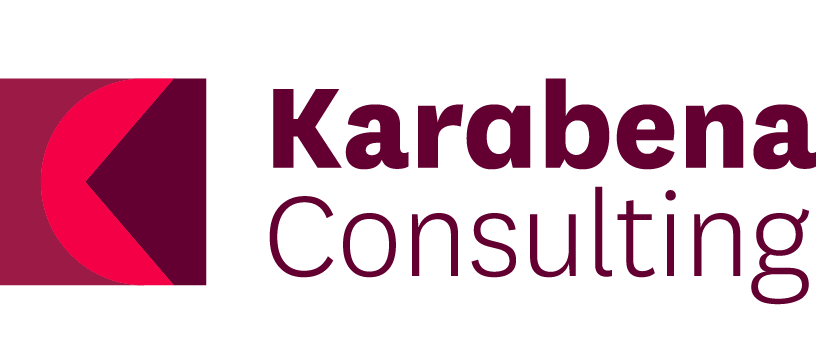VACCHO Cancer Partnership Health Check
Who funded the project
Victorian Aboriginal Community Controlled Health Organisation (VACCHO)
Karabena Consulting was engaged by VACCHO to independently measure the ‘health’ of their partnerships with four Victorian cancer organisations. This involved disseminating a Partnership Health Check survey, conducting team interviews, and facilitating a reflection workshop with VACCHO and its participating partners.
Summary
The aim of the project was to:
strengthen VACCHO’s partnerships
identify opportunities for improvement
enable a shared commitment to self-determination.
Project Aims
To complete the project, Karabena Consulting:
disseminated VACCHO’s Partnership Health Check Tool to relevant staff members at each of the five organisations (including VACCHO, the Australian Centre for the Prevention of Cervical Cancer (ACPCC), BreastScreen Victoria (BSV), Cancer Council Victoria (CCV) and the Victorian Comprehensive Cancer Centre (VCCC) Alliance) through SurveyMonkey
conducted organisation group interviews to review the survey questions and gather further feedback
analysed survey and interview results and completed a Summary Report to document key findings
facilitated a full day reflection workshop with VACCHO and its participating partners.
Methodologies
The key output for this project was a Summary Report documenting key findings from the Partnership Health Checks undertaken.
Project Outputs
Through this project, Karabena Consulting has supported VACCHO and its participating partners to gain a deeper understanding of and move towards greater self-determination in their partnerships. By undertaking independent health checks and participating in a reflection workshop, VACCHO and its partners have identified their partnerships’ strengths, areas of improvement and ways to strengthen their existing partnerships.
Project Outcomes
Self-determination; VACCHO; Partnerships; Partnership Health Check Tool; Partnership evaluation; Cancer partnerships; Equity; Sustainable relationships; Community-control; Participatory action research
